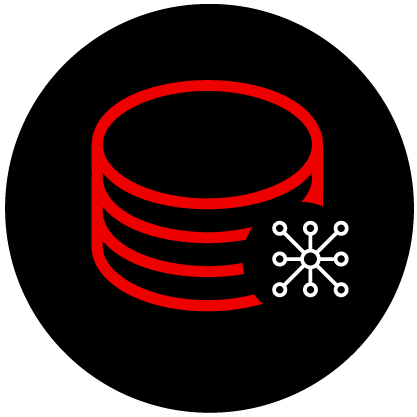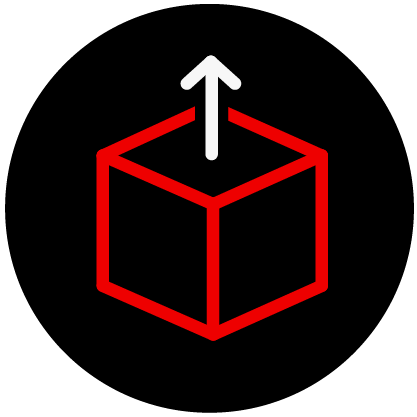Databases
Databases form the foundation of efficient application development, enabling organized data
storage, rapid retrieval, and seamless scalability for enhanced user experiences.

What are databases?
A database is key for application development. From empowering enterprise solutions to fueling analytical engines, databases underpin intricate data-driven endeavors, orchestrating seamless information organization and utilization.
- Structured foundation: Databases organize data, which is vital for efficient application development.
- Data reliability: Traditional databases ensure data integrity, minimizing errors for stable functionality.
- Seamless scaling: Cloud-native databases enable effortless scalability, accommodating growing user demands.
- Real-time insights: In-memory databases process data swiftly, enhancing real-time user experiences.
- Resilience and efficiency: Cloud-native databases offer high availability, reducing latency and operational costs.
Learn how to install database instances on Red Hat OpenShift using OpenShift Web Console in the Developer Sandbox.
Access Red Hat-certified ecosystem solutions for your database application development
Red Hat provides certified operators and solutions for data management, such as solutions by MongoDB, Cockroach Labs, and Crunchy Data for database application development.
Red Hat also provides hands-on labs to learn more about Red Hat Enterprise Linux databases.

Red Hat Data Grid
Red Hat Data Grid lets you develop applications that meet high availability, reliability, and elasticity requirements by allowing applications to connect to cloud-native databases and traditional databases using tested and secure APIs such as HotRod and REST. This eliminates the challenges and cost of integrating with conventional databases, making application development more streamlined.

Latest database articles

Learn how to automate the installation of Oracle Database 19c on Red Hat...
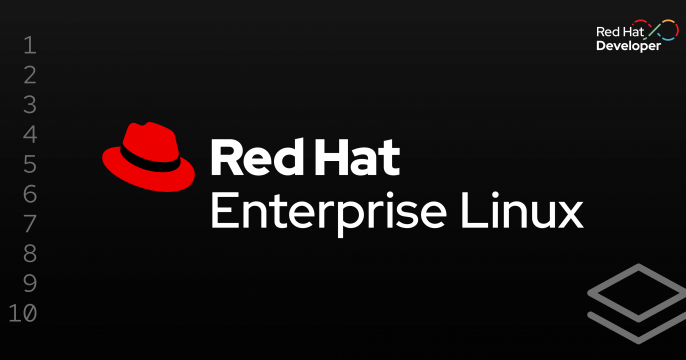
Follow this guide to install PostGIS on RHEL for powerful spatial operations...
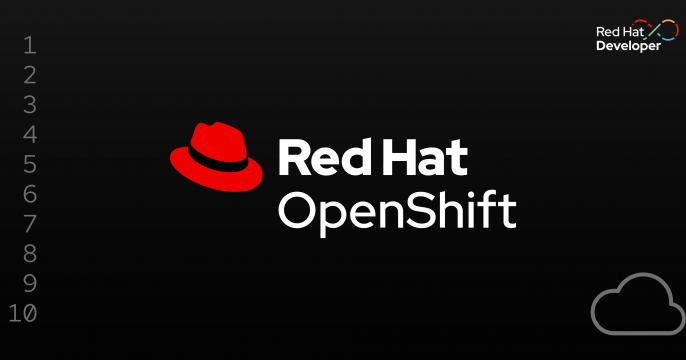
Learn how to handle secrets in OpenShift. Discover why volume mounts are...
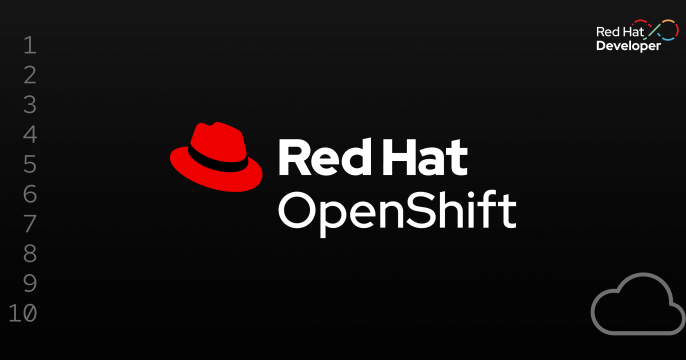
Learn how to migrate the default log store in OpenShift 4 from Elasticsearch...

Microsoft has added full support for cgroup v2, which is a big step forward...

Examine OpenShift Virtualization's ability to maintain workload continuity...
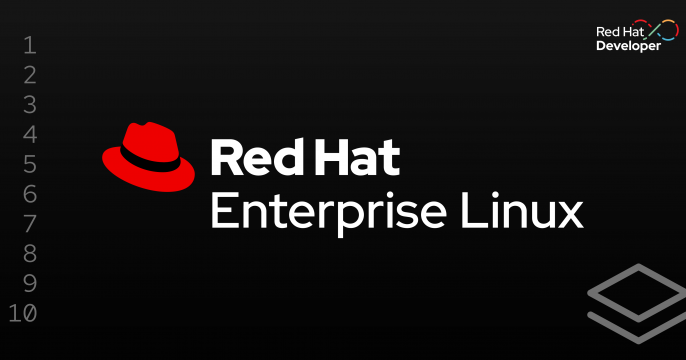
Learn about the RHEL 10 post-modular solution for distributing database streams.

Learn commands you can use to run SQL Server 2025 with SELinux enabled on...
